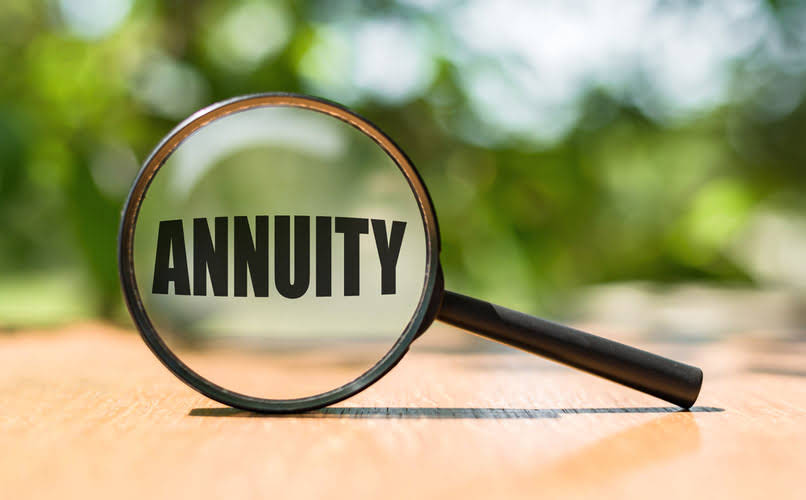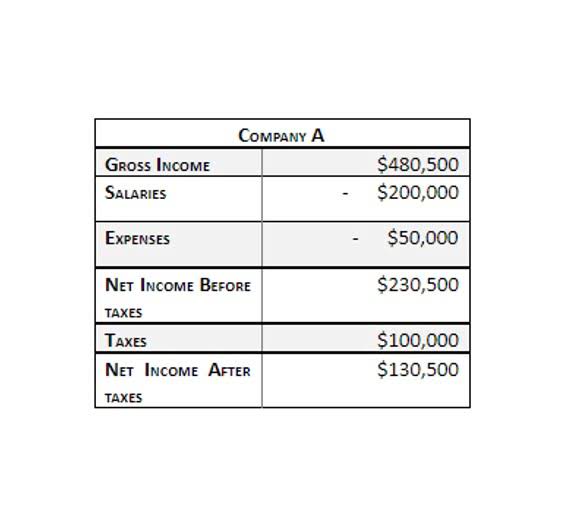Winery Accountants Consulting

Crush and ferment costs, which may include payroll, supplies, allocated overhead, and depreciation or rent related to crush equipment, should only be allocated to the current vintage crushed. On the other hand, cellar aging costs are typically shared by all wines in the cellar. These are most commonly allocated to the wines based on a weighted average number of gallons in the cellar. Under this method, the cost of each inventory item is tracked from the time of purchase or production through the time the wine is bottled. It relies on accurate data input and recordkeeping to trace costs through the manufacturing process.
Winery Controller Services
Imagine if the marketing team discovers that customers really love a specific wine, but they don’t share this insight with the production team. The production team might continue making other wines that aren’t as popular, leading to missed sales. By doing so, you’ll gain a clearer understanding of your production expenses, allowing you to make smarter decisions about pricing and production volume. Unfortunately, many wineries encounter problems in this area, which can result in inaccurate financial records and potentially harm profits. One common challenge we see for wineries is not recording enough details during financial transactions.
Protea Financial is dedicated to making winery accounting simpler
There are several ways to allocate costs, but regardless of the method used, it’s important to apply it consistently. GAAP and it also makes it easier to spot variances when they do occur. Once a methodology is determined and adopted, a winery can fine-tune its data capture and reporting procedures to ensure https://www.bookstime.com/ the information used to cost its products are accurate. This article is part one of a three-part series on the cost of goods sold—a key metric that can help wineries understand their profit margins. In this article we provide an overview of how to calculate the cost of goods sold (COGS) and why it matters.

Sign in for the full experience.
Owner, founder, and executive compensation is a difficult expense to classify because these individuals often work in many areas around the winery. Estimating the amount of their time spent with each department and applying the appropriate percentage of expense accordingly is a common approach. In order to know your cost of goods sold (COGS) in a period you must first know what it cost you to produce those wines—this is referred to as the Cost of Goods Produced (COGP). There will always be a cost of doing business, and finding where you can reduce costs takes time, thoroughness, and consistency. We love to work with forward-thinking winery owners who are ready to adopt tech solutions to streamline their workflows.
If you are in the wine industry and have questions about accounting or bookkeeping, Protea Financial is here to help. We understand the unique needs of the wine industry and can provide expert guidance on all financial matters. Whether you need assistance setting up your books or preparing for tax season, we can help you navigate the complexities of the wine business. Contact Protea Financial today to learn more about our services and how we can help you run your business more efficiently.

By contrast, COGS refers to all the costs incurred per bottle of wine sold. This can be attributed to COGP of particular varietals or vintages sold and costs included in selling the wine and getting it to the customer. The Corporate Transparency Act, signed into law on January 1, 2021, brings changes to anti-money laundering laws and reporting requirements for certain businesses in the US.
As a farm and wine entrepreneur, Rachel learned to love the business of management. Monthly performance reports, KPI tracking, and financial forecasting to move your winery forward. Deeply immersed within the wine industry, our professionals appreciate the nuances of your operations and challenges as many helped run, grow, and operate premiere wineries during their careers. Privately-held business owners face financial and personal winery accounting challenges when contemplating how to best preserve precious assets for future management and generations. Businesses resistant to innovation will find themselves left behind, especially as wineries seek to establish presences in new regions or markets. Based on our experience working with small wineries, we have put together a suite of services to make sure your core needs are met when it comes to bookkeeping and accounting.
- If you organize data in a logical manner, you will be able to see things that would not otherwise be evident.
- If it looks like a good fit, we will send over a proposal for you to sign and get your winery scheduled for onboarding.
- This includes the costs of making your wine and purchasing merchandise and goods for resale.
- Our expert financial oversight and experience will get your finances in shape so you can lean into a strategy for thoughtful growth.
- If you need more help with cost accounting, we’re always here to help.
- Share your long-term goals and objectives with your accountant to ensure that they align with your financial strategies.
